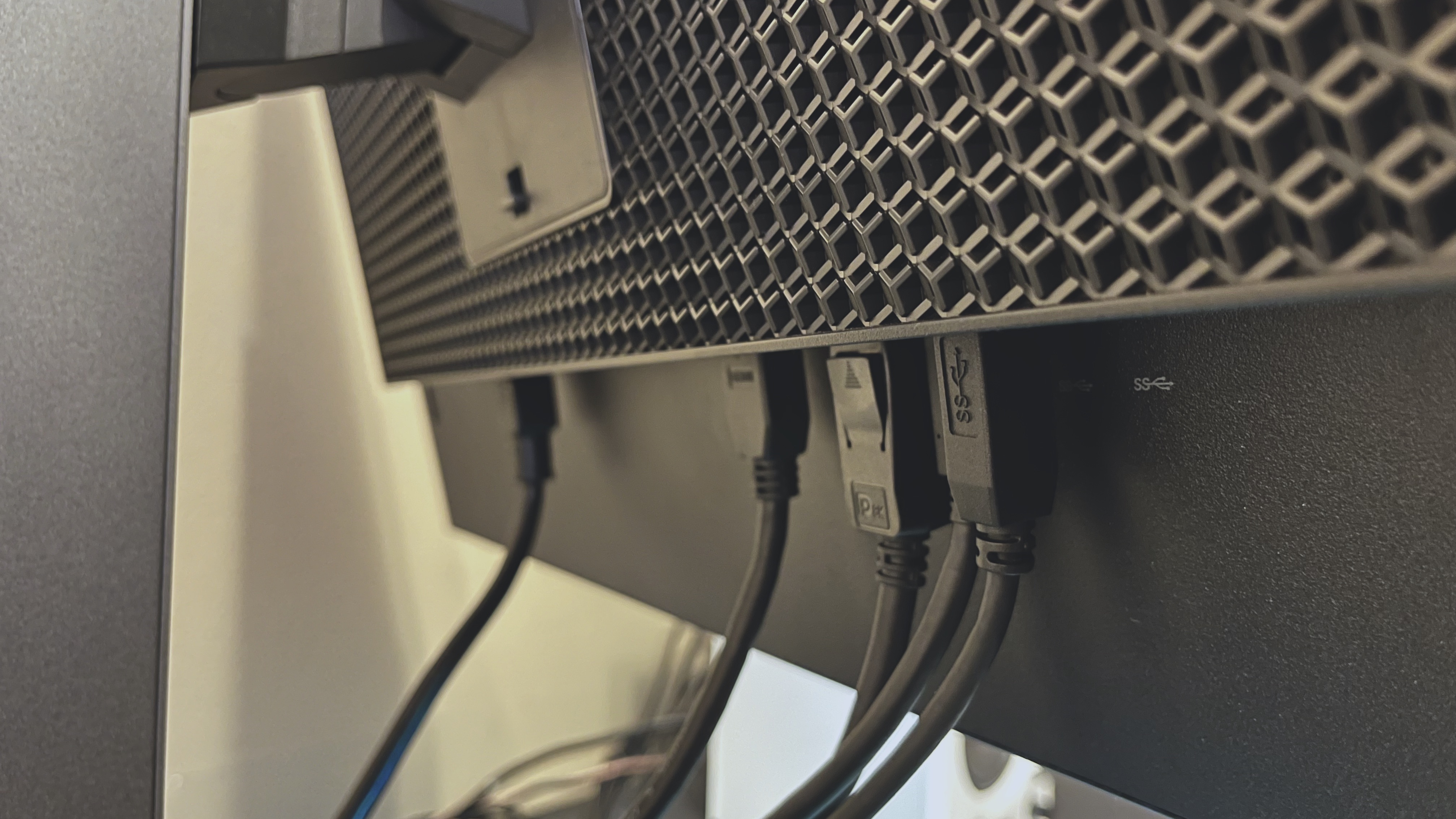Black Friday is the best time to find dirt cheap computers, parts, and accessories. Here's how to take advantage
Make Black Friday work for you

Sign up for breaking news, reviews, opinion, top tech deals, and more.
You are now subscribed
Your newsletter sign-up was successful
I've covered Black Friday deals for years and I've learned a lot about how to sift great bargains from the fire sale prices on crappy systems that no one has bought for years (often for very good reasons) that often get thrown in the mix.
Whether its the best Black Friday MacBook deals, Black Friday laptop deals, and even the best Black Friday graphics card deals, when I go digging around for the best sales, I do a number of things that help me filter the good from the bad, things you can do yourself this Black Friday.
As you begin your search for the best laptop, best all-in-one PC, or the best monitor for your needs and budget this year, keep these three tips in mind and your holiday shopping will go much easier.
Set a soft budget as well as a hard one

The most common piece of advice most shoppers get on Black Friday is to set a budget and stick to it. While this isn't terrible advice, we humans are also drawn to sparkly things like laptops that are just outside out price range, but close enough to make us question all that good advice we'd been trying to follow.
Rather than fight against this tendency (though you definitely should in most cases, a budget is a budget for a reason!), the better route is to have two budgets in mind while shopping: a soft budget and a hard budget.
A soft budget should be the highest price you're looking to pay for a product, say $500/£500. When you go through various retailers' sales pages, refine your search to this dollar amount and go picking through the bins for what you want.
But also have another number in your head, a hard budget, which should be the absolute most you're willing to pay for a truly exceptional deal. Don't go searching for deals at this higher price, but if in your travels you stumble upon an incredible laptop deal that's outside your soft budget but under your hard limit, definitely let youself consider that item as well.
Sign up for breaking news, reviews, opinion, top tech deals, and more.
This way, you won't feel hemmed in by a smaller budget, which should lessen the pressure and/or frustration if you're not finding what you want right away. By giving yourself a little bit of wiggle room to cheat on your budget if necessary, it will make it easier to stick to generally.
Consider which specs you need and which are your 'nice-to-haves'

Whether it's Black Friday monitor deals or gaming laptop deals, you're going to come across a lot of different models with varying specs. Before you start shopping, it's important to list the specs you know you'll need at a minimum for whatever items you're buying. If it's a monitor, you'll need to look at resolution, panel type, refresh rate, color accuracy and gamut coverage, among others. For laptops or PCs, the class of processor, the type and amount of RAM, storage, and type of GPU are all critical specs, along with display sizes and types on laptops.
But deals can often be unpredictable, and even as you're scouring the best 1440p monitors for a bargain, you're bound to find a 4K monitor that fits into your budget. Instead of assuming that this monitor is going to be superior to the ones you're searching through based on a given spec, plan in advance for those specs that are worth stretching your wallet if the price is good enough.
For instance - a 4K 60Hz office monitor with 8ms pixel response and no HDR isn't going to be a good deal if you need at least a 1440p display with HDR, 144Hz refresh rate, and 1ms pixel response.
Make sure your base needs are met first, then see if the deal offers one of your nice-to-have specs like a bump up to 4K or an OLED panel rather than IPS.
Search, rather than browse
Finally, most retailers have category pages with filters along the sidebar to help narrow down what you're looking for. Use these whenever possible to gather up only those items that meet your minimum criteria. Likewise, search for a product with given specs, such as a 4K monitor, 144Hz, 1ms, as opposed to just searching for 4K monitors.
Without filters, the search will just dump a whole category of products in your lap that don't meet your spec requirements, making it that much harder to sort through. At that point, you're essentially just browsing digital windows, and you'll be susceptible to getting drawn into a deal by its shiny price tag rather than what it can offer you in terms of specs and performance.
Of course, there's no harm in browsing the store aisles, since you never know what kind of deals you might find, but make sure that if you're looking for something specific, you're discerning in how you go about your search to make sure you get what you actually want for the lowest price possible, rather than just getting something that only meets half of your criteria but has the lowest price.

John (He/Him) is the Components Editor here at TechRadar and he is also a programmer, gamer, activist, and Brooklyn College alum currently living in Brooklyn, NY.
Named by the CTA as a CES 2020 Media Trailblazer for his science and technology reporting, John specializes in all areas of computer science, including industry news, hardware reviews, PC gaming, as well as general science writing and the social impact of the tech industry.
You can find him online on Bluesky @johnloeffler.bsky.social